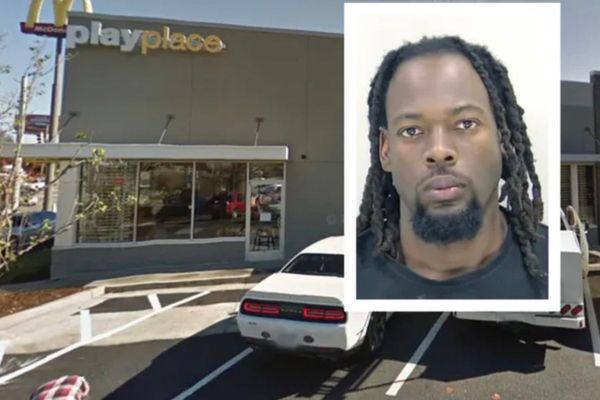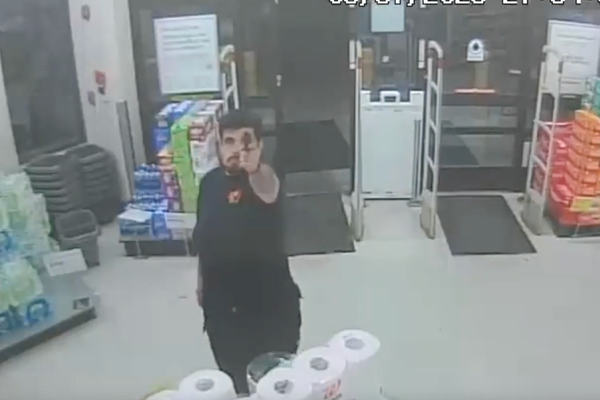
Proof of State is the Wednesday edition of Fortune Crypto where Leo Schwartz delivers insider insights on policy and regulation.
Crypto regulation in the U.S. is split between two camps. One side, populated mainly by people in the industry, argues that America’s antiquated system of financial oversight is ill-equipped to deal with the burgeoning new technology and that its potential for innovation merits a new set of rules. The other side, with Securities and Exchange Commission Chair Gary Gensler at the helm, holds that U.S. securities law is perfectly adequate, thank you, and that the crypto industry only wants new regulation because the current regime makes it largely illegal.
Timothy Massad sits somewhere in the middle. A veteran lawyer and government official, Massad chaired the Commodity Futures Trading Commission during a crucial period for crypto, from 2014 to 2017, when developers were creating Ethereum and Coinbase was erupting into the public consciousness. Now, Massad holds a number of positions at prestigious institutions like the Brookings Institution and Harvard Kennedy School, where he calls for responsible digital asset regulation.
I had the opportunity to chat on the phone with Massad before July Fourth, fresh off his testimony in front of the joint hearing between the House Financial Services and Agriculture committees. Unlike many advocating for crypto legislation, Massad doesn’t take the stance that regulation is needed to make sure the technology stays in the U.S., but instead that calamities like FTX and Terra/Luna will continue to occur until proper investor protection is implemented.
Between the endless cries of “regulation by enforcement” and “just come in and register,” it was refreshing to hear the middle ground. Massad said that he’s sympathetic to the SEC and CFTC’s approach to litigation, arguing that enforcement cases are how agencies enforce the law, and that crypto companies are “exaggerating the problem” when it comes to a perceived lack of guidance from the government. His end goal is increased disclosure of information about projects, like who is actually in control, with much of the onus on the project itself.
At the same time, Massad said that enforcement cases are not enough and that the existing laws are not sufficient. In his mind, a key issue is that many don’t understand the nuance of the law around securities and commodities. Massad was the first to declare Bitcoin a commodity, as well as other digital assets, but made clear that any financial instrument that is subject to a futures or swap contract is a commodity. And, of course, something can be both a security and a commodity.
His proposed solution is to avoid the whole debate by creating a self-regulatory organization, or SRO, with supervision from both the SEC and CFTC that creates a common set of investor protection standards for crypto intermediaries and digital assets traded on them. “We wouldn't be as bogged down in this debate over whether a particular crypto token is a security or commodity,” Massad told me.
Getting Gensler on board, he acknowledged, would be a tall order. Still, he’s optimistic that the CFTC and SEC can work together, looking back at this time when the two agencies instituted swaps regulation following the passage of Dodd-Frank. Massad added that he’s not concerned about other jurisdictions lapping the U.S., noting that implementing new laws like the European Union’s Markets in Crypto-Assets (MiCA) regime is going to be more complicated than people think. “They’re going to face some of the same issues we’re struggling with,” he said.
Leo Schwartz
leo.schwartz@fortune.com
@leomschwartz







